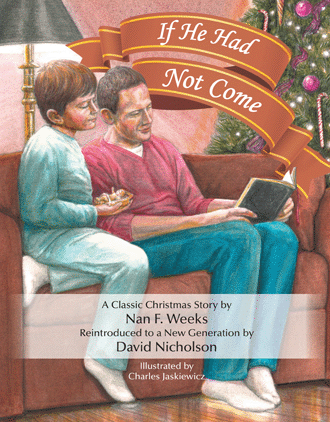Bible
We have finished Leading Little Ones to God and are now doing some readings about the prophecies about the Lord Jesus. I need to find something else for next term: Vreugdenhil's Bible History told to our Children is a possibility although I wish that someone would translate it again. It was translated from Dutch presumably by a native Dutch speaker rather than an English speaker and sometimes the translation grates! I do like the content though.
English
The most major change is that we have added a spelling programme, All About Spelling (AAS). I'm am using this for both the younger two children. We have been using this since just before half term. Generally, I am delighted with this.
AAS is multi-sensory and goes right back to the start of spelling. We use it daily for about 15 minutes. This needs to be one to one so it takes me about 30 minutes a day to use with both children. There is plenty of drill and review plus daily practice writing words or short phrases.
I'm not sure that this would be the right programme to use for strong spellers but for anyone who finds spelling difficult, AAS is ideal.
In terms of readers, Younger Daughter has read some "real books" alongside her reader. I hope, and expect, that the trend to proper books will continue. Youngest Son has needed some variety with his Hooked on Phonics so we have also used Jolly Phonics and Oxford Reading Tree readers.
Maths
We took some time out from Galore Park maths for Younger Daughter to use New Maths Frameworking Step-Up workbook by Collins which is a KS3 remedial book (yes, I know she is in KS2 but this was a thought out decision). It worked well for a time, being well presented but then we found that it really wasn't at all challenging. Younger Daughter has now gone back to the Galore Park Junior Maths 1 and this seems to be working well.

Youngest Son has also had a break from his Mousematics to use a Collins New Primary Maths Activity Book 2A. This is well presented and is going well. We try to play maths games several times a week as no one really thinks they are work.
Science
We are using the Apologia Flying Creatures book
 but it has been complicated as many of the birds to which it refers aren't found in the UK. I try to alter the examples as we go along but this has been a challenge. We probably need to do some more bird watching to help this along.
but it has been complicated as many of the birds to which it refers aren't found in the UK. I try to alter the examples as we go along but this has been a challenge. We probably need to do some more bird watching to help this along.History
The Veritas Self-Paced continues to work well.
We have also been learning about the First World War. It is time to put the First World War on one side and do another project. I have another, non-historical, project lined up for the rest of this term and a geographical project for the start of the next.
Geography
Legends and Leagues plus the workbook has been working well. We added some clay work. Thank you to Beth, at As He leads is Joy, for the idea.
In case this isn't clear, this represents a hill, a mountain, a valley and a river.
Next term, we hope to add a country project.
Languages
Spanish hasn't gone terribly well, this term. I need to think though Spanish again but might put it on hold for a term. Younger Daughter is very keen to learn British Sign Language and a DVD is on its way.
Physical Activity
Younger Son has started to play football. He loves this and this is definitely something that we plan to continue. Of course, we have carried on with our many park visits and walks.
Do feel free to add suggestions. I love to know about curriculum that has worked well for others. At present, I would like to add in something about money management. Any suggestions?
If you enjoyed this post you may like to follow Delivering Grace by Google Friend Connect, G+,Facebook, Pinterest or e-mail.






























